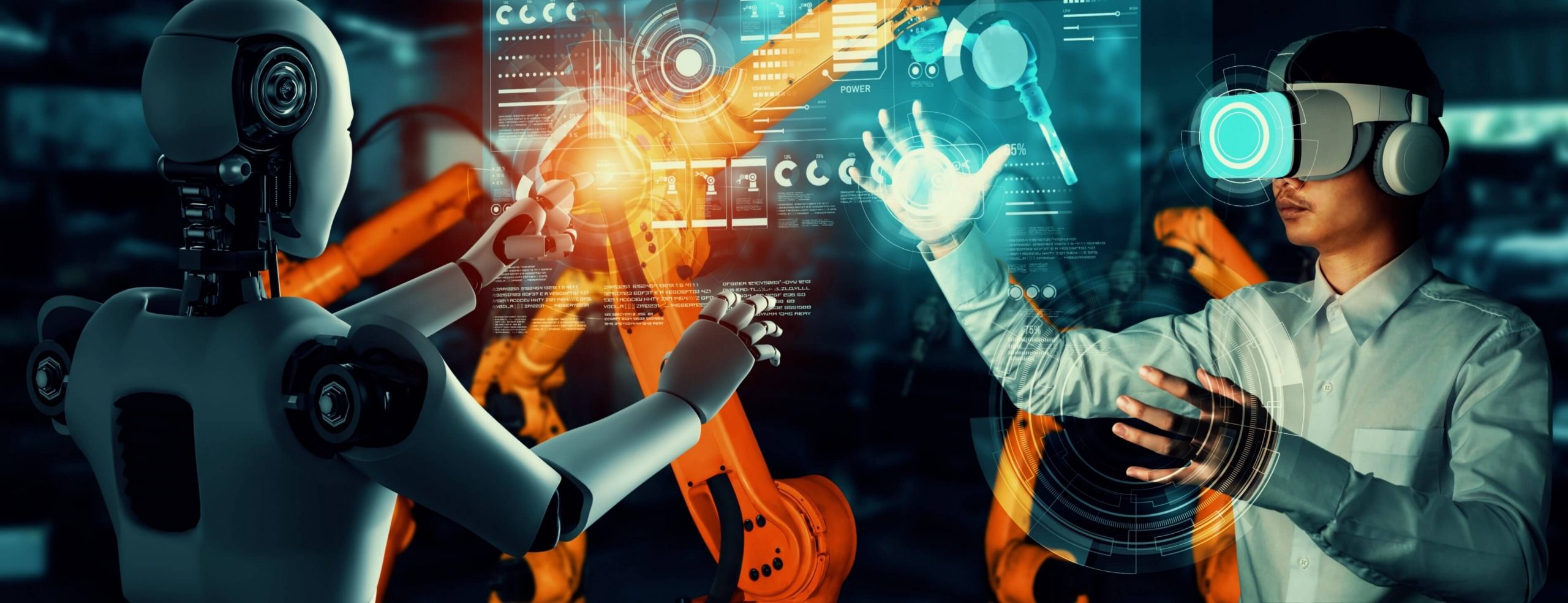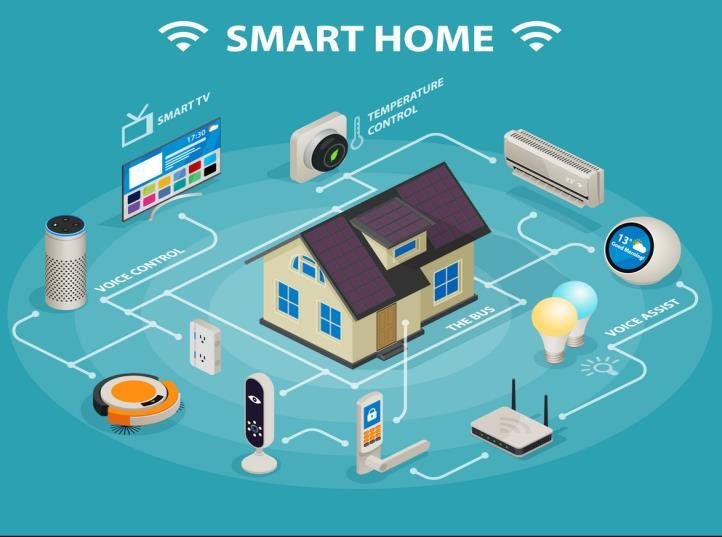Amazing Technological Developments: A Glimpse into the Future

In a world driven by innovation, technological advancements continue to revolutionize the way we live, work, and interact with the world around us. From breakthroughs in artificial intelligence and quantum computing to advancements in renewable energy and space exploration, the latest developments in technology are pushing the boundaries of what was once thought possible. Join us as we explore some of the most recent and innovative technological advancements across various fields, offering a glimpse into the future of humanity's technological evolution.
1. Artificial Intelligence (AI) and Machine Learning

Artificial intelligence and machine learning have seen significant advancements in recent years, with applications ranging from virtual assistants and autonomous vehicles to medical diagnosis and predictive analytics. One notable development is GPT-4, the latest iteration of OpenAI's language model, which boasts enhanced capabilities in natural language understanding and generation. Additionally, AI-powered systems are increasingly being used to optimize business processes, improve healthcare outcomes, and tackle complex societal challenges.
2. Quantum Computing
Quantum computing holds the promise of exponentially faster processing speeds and the ability to solve complex problems that are currently beyond the reach of classical computers. Recent breakthroughs include the development of more stable qubits, the basic building blocks of quantum computers, and advancements in quantum error correction techniques. Companies like IBM, Google, and D-Wave are leading the charge in quantum computing research, with the potential to revolutionize fields such as cryptography, materials science, and drug discovery.
3. Renewable Energy and Sustainability

The transition to renewable energy sources, such as solar, wind, and hydroelectric power, is accelerating as countries around the world strive to reduce carbon emissions and combat climate change. Recent technological developments in renewable energy include improvements in solar panel efficiency, energy storage solutions, and grid integration technologies. Innovations in sustainable agriculture, water purification, and waste management are also contributing to efforts to build a more environmentally friendly and resilient future.
4. Biotechnology and Healthcare
Advancements in biotechnology are transforming the field of healthcare, enabling personalized treatments, gene editing therapies, and breakthroughs in regenerative medicine. Recent developments include the CRISPR-Cas9 gene editing technology, which has revolutionized genetic engineering and holds promise for treating genetic disorders and curing diseases. Other notable advancements include mRNA vaccines, which have played a pivotal role in the fight against the COVID-19 pandemic, and wearable health monitoring devices that provide real-time insights into patients' health status.
5. Space Exploration and Aerospace Technology
Space exploration has entered a new era of innovation and discovery, with private companies like SpaceX, Blue Origin, and Virgin Galactic leading the way in commercial space travel and exploration. Recent milestones include the successful landing of NASA's Perseverance rover on Mars, the development of reusable rocket technology, and plans for manned missions to the Moon and beyond. Advances in satellite technology are also revolutionizing communication, navigation, and Earth observation capabilities.
6. Internet of Things (IoT) and Smart Devices

The Internet of Things (IoT) continues to expand, connecting billions of devices and sensors to the internet and enabling new applications in smart homes, cities, and industries. Recent developments include advancements in edge computing, which allow for real-time data processing and analysis at the device level, as well as improvements in connectivity standards like 5G and Wi-Fi 6. Smart devices, such as voice-activated assistants, smart thermostats, and wearable fitness trackers, are becoming increasingly integrated into our daily lives, offering convenience, efficiency, and new opportunities for automation.
7. Augmented Reality (AR) and Virtual Reality (VR)
Augmented reality and virtual reality technologies are transforming how we experience and interact with digital content and the physical world. Recent advancements include the development of more immersive VR headsets with higher resolutions and wider field-of-view, as well as advancements in AR glasses that overlay digital information onto the user's real-world environment. These technologies have applications in gaming, entertainment, education, and training, as well as in industries such as architecture, engineering, and healthcare.
8. Cybersecurity and Privacy
As digital threats continue to evolve and proliferate, cybersecurity has become a top priority for organizations and individuals alike. Recent advancements in cybersecurity include the development of advanced threat detection algorithms, encryption techniques, and secure hardware architectures. Additionally, advances in privacy-preserving technologies, such as differential privacy and zero-knowledge proofs, are enabling individuals to protect their personal data and maintain control over their digital identities.
9. Advanced Materials and Nanotechnology
Advances in materials science and nanotechnology are unlocking new possibilities in fields such as electronics, energy storage, and medicine. Recent developments include the discovery of new 2D materials with unique electronic and optical properties, the development of self-healing materials that repair themselves when damaged, and the use of nanomaterials for targeted drug delivery and cancer treatment. These advancements have the potential to revolutionize industries and create new opportunities for innovation and discovery.
10. Blockchain and Cryptocurrency
Blockchain technology and cryptocurrencies have gained widespread attention in recent years, with applications ranging from decentralized finance (DeFi) and non-fungible tokens (NFTs) to supply chain management and digital identity. Recent developments include the rise of decentralized autonomous organizations (DAOs), which use blockchain technology to operate without traditional hierarchical structures, as well as advancements in blockchain scalability and interoperability. These technologies have the potential to disrupt traditional industries and create new economic and social paradigms.
Conclusion
The pace of technological advancement shows no signs of slowing down, as researchers, engineers, and innovators around the world continue to push the boundaries of what is possible. From artificial intelligence and quantum computing to renewable energy and space exploration, the latest developments in technology are shaping the future of humanity in profound and unprecedented ways. As we navigate the challenges and opportunities of the digital age, one thing is clear: the amazing technological developments of today are laying the foundation for an even more incredible future tomorrow.





